BGS laboratories become first in UKRI to receive gold LEAF accreditation
BGS achieved gold certification in the Laboratory Efficiency Assessment Framework (LEAF) accreditation in March 2023.
28/03/2023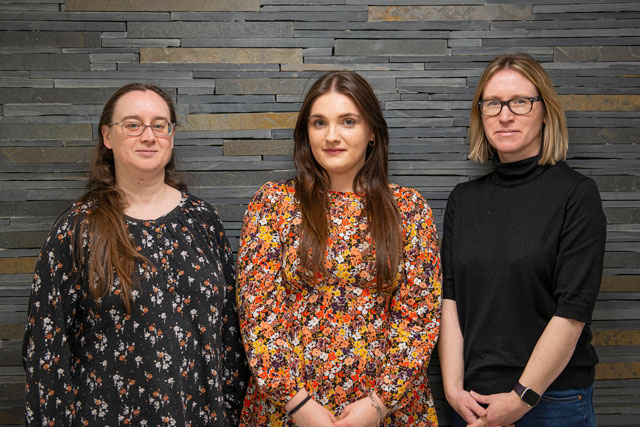
On a global scale, laboratories are responsible for around two per cent of global plastic waste (Urbina et al., 2015) and use three to ten times more energy than a typical office. The Laboratory Efficiency Assessment Framework (LEAF) is an initiative developed by University College London (UCL) and is a standard awarded to laboratories that can successfully demonstrate practical steps towards improved efficiency and sustainability.
BGS is committed to reducing its impact on the environment and this involves participation across the whole organisation. We identified LEAF as a driving tool to be able to do this within our laboratories; making them more sustainable is a commitment within the overarching BGS Environmental Sustainability Strategy, which identified the labs as an energy-intensive area. It has allowed us to drive behavioural change and provide awareness to continue to reduce our environmental impacts.
Leah Crosby, BGS Environmental and Sustainability Advisor.
The LEAF accreditation
LEAF consists of three levels — bronze, silver and gold — all of which contain actions that laboratory users can take to improve sustainability, such as reducing waste and energy use, recycling more and improving laboratory practices so laboratories can operate in an increasingly sustainable way.
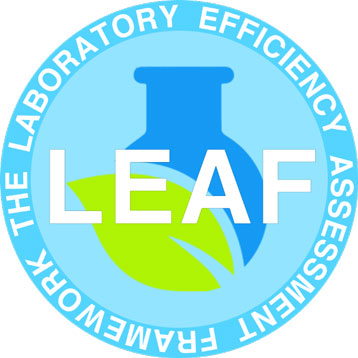
LEAF logo courtesy of University College London.
LEAF at BGS
Bronze accreditation, which BGS achieved in 2021, involves raising awareness of the actions people can take, for example switching off laboratory equipment when it is not in use. The silver award, which BGS received in 2022, is awarded for advancing procedures and policies and following best practice in laboratory sustainability. The new gold award, which BGS is the first in UKRI to receive, has been given following implementation of the LEAF principles across thirteen laboratory groups from our Keyworth and Wallingford sites.
The gold accreditation included embedding sustainability in all aspects of our laboratories and expanding the LEAF principles across the office spaces shared by the labs. Gold LEAF accreditation has enabled us to promote a wider sustainability culture in BGS and a vehicle to share good practise across our laboratories and with our stakeholders.
Angela Lamb, BGS Stable Isotope Research Scientist.
Following the framework’s principles ensures that these practices, such as structural changes in our data storage and laboratory management systems, will continue to be effective in the long term.
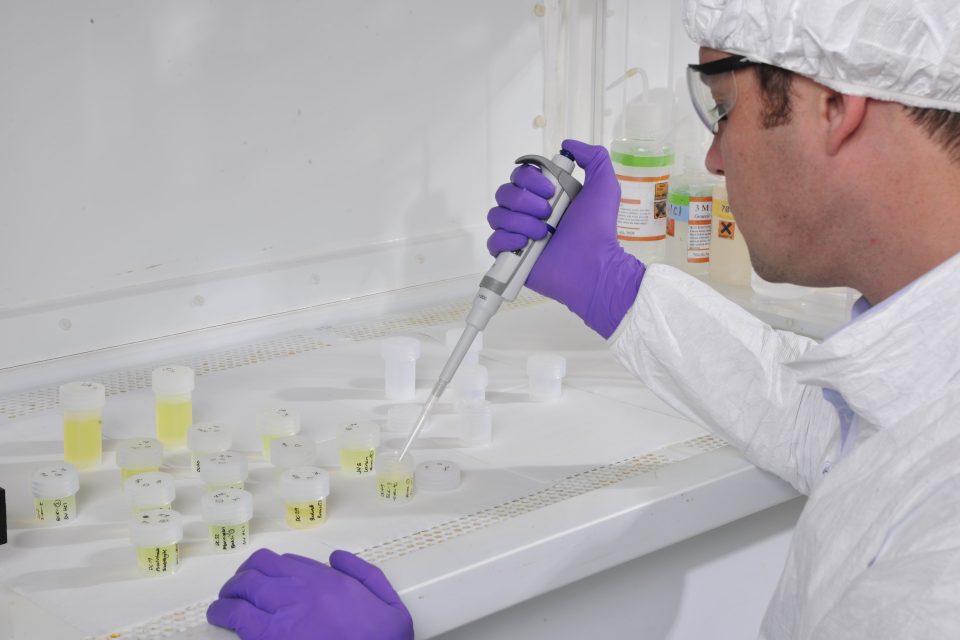
Instead of throwing away single-use nitrile gloves — one lab group alone used over 15 000 in one year — we now recycle them. We also employ ‘greener’ practices around solvent use, such as accelerated solvent extraction in the organic geochemistry lab to reduce the amount of solvents we use.
Nicola Atkinson, BGS Isotope Support Scientist.
Acknowledgement
Laboratory staff collaborated and worked with other areas in BGS, including the estates and facilities team, BGS Informatics and the workshops, to achieve the gold accreditation and embed sustainability in all ways of working within our labs.
More information
Urbina, M, Watts, A, and Reardon, E. 2015. Labs should cut plastic waste too. Nature, Vol. 528, 479. DOI: https://doi.org/10.1038/528479c
About the author
Relative topics
Related news
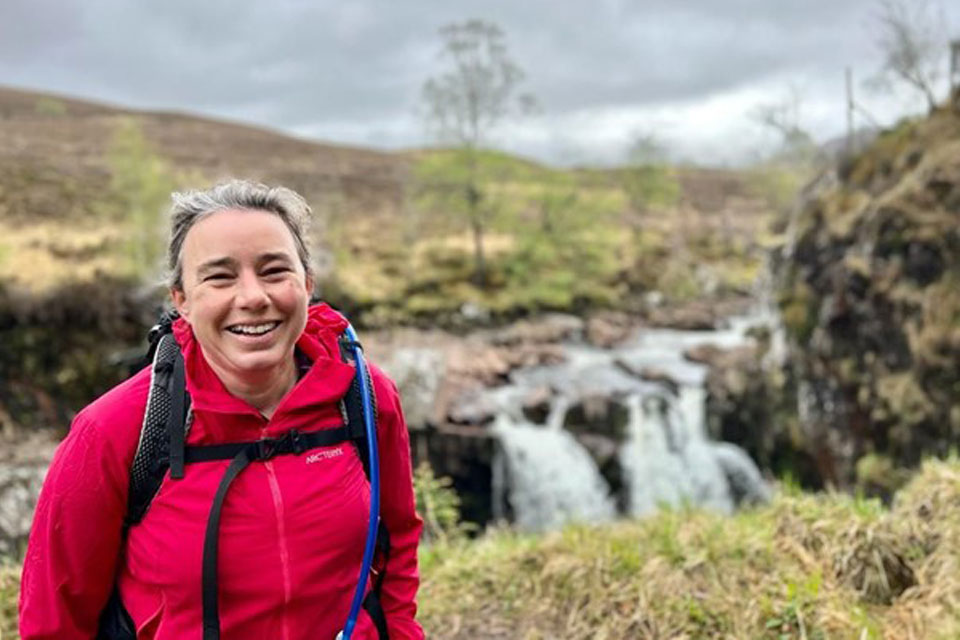
Dr Kathryn Goodenough honoured with prestigious award from The Geological Society
27/02/2025
Dr Kathryn Goodenough has been awarded the Coke Medal, which recognises those who have made a significant contribution to science.
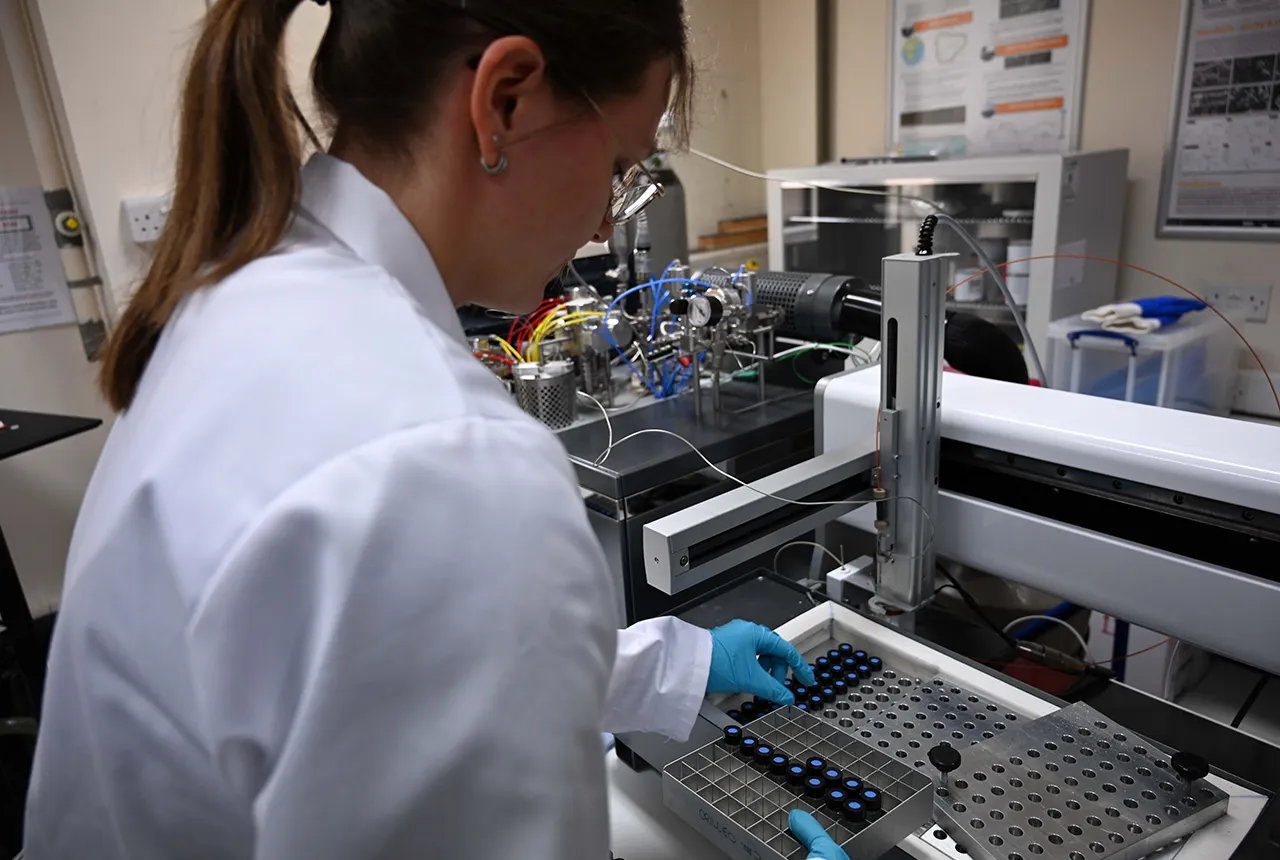
Carbon and oxygen isotope analysis of carbonates and the development of new reference materials
18/12/2024
Dr Charlotte Hipkiss and Kotryna Savickaite explore the importance of standard analysis when testing carbon and oxygen samples.
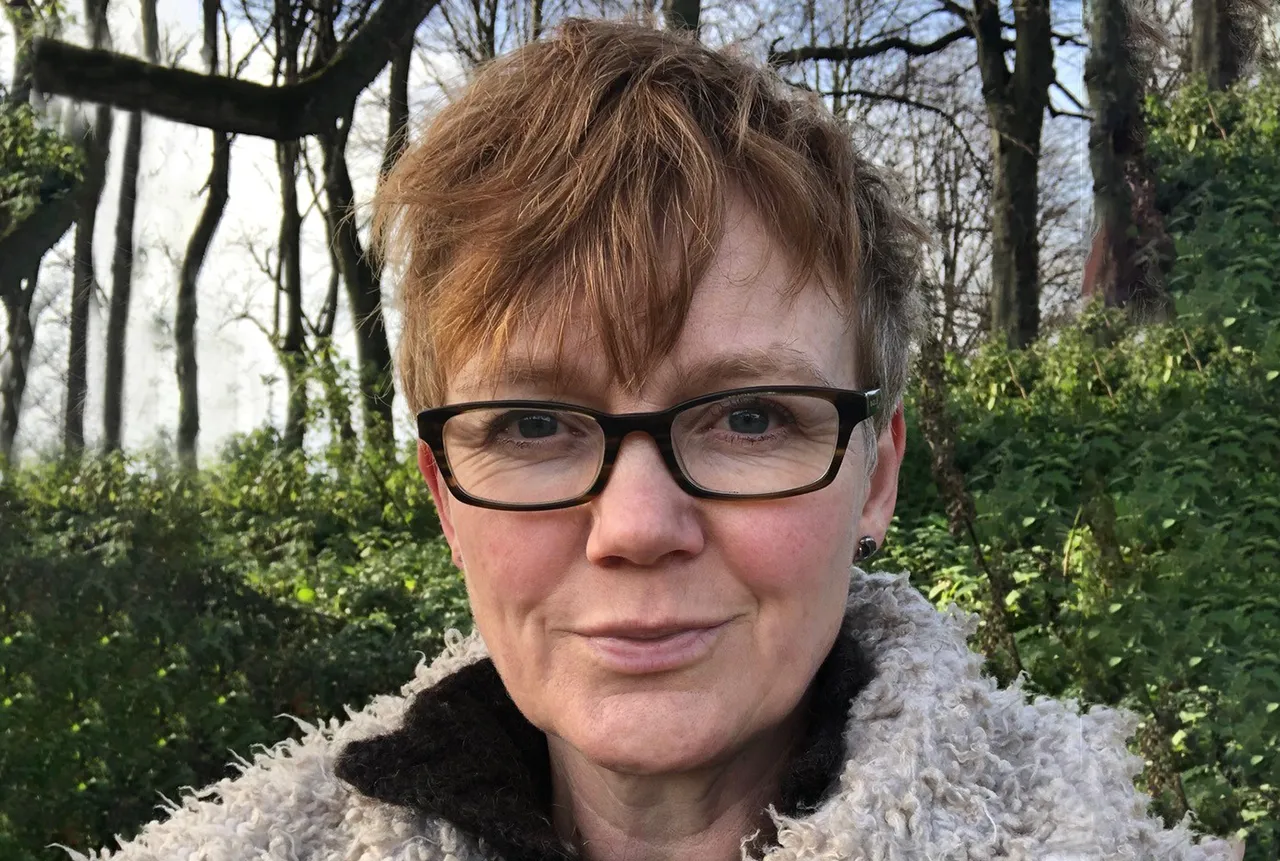
Brighid Ó Dochartaigh honoured with prestigious Geological Society award
27/11/2024
A recently retired BGS employee has been honoured for her contribution to the hydrogeological community.
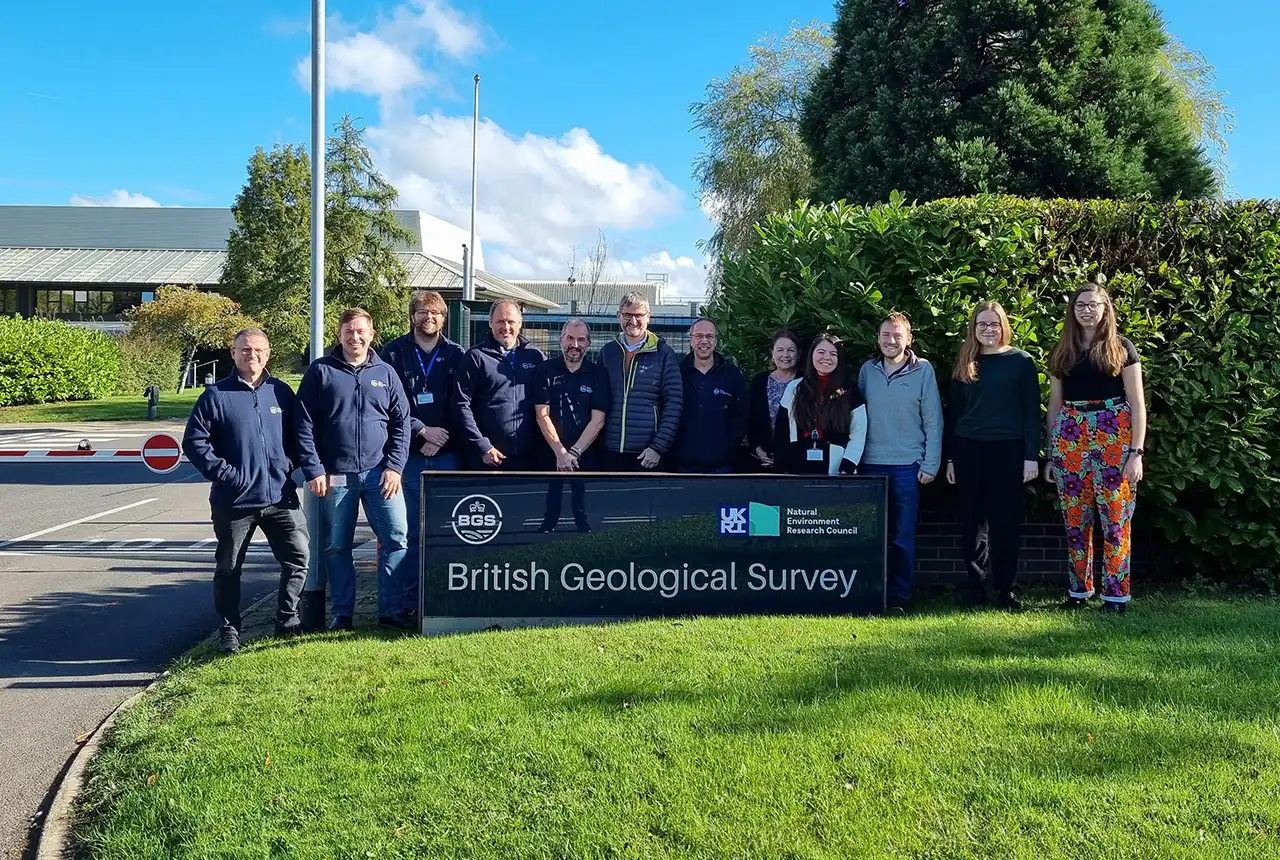
Celebrating 25 years of technical excellence at the BGS Inorganic Geochemistry Facility
08/11/2024
The ISO/IEC 17025 accreditation is evidence of technical excellence and reliability, and a mark of quality assurance.
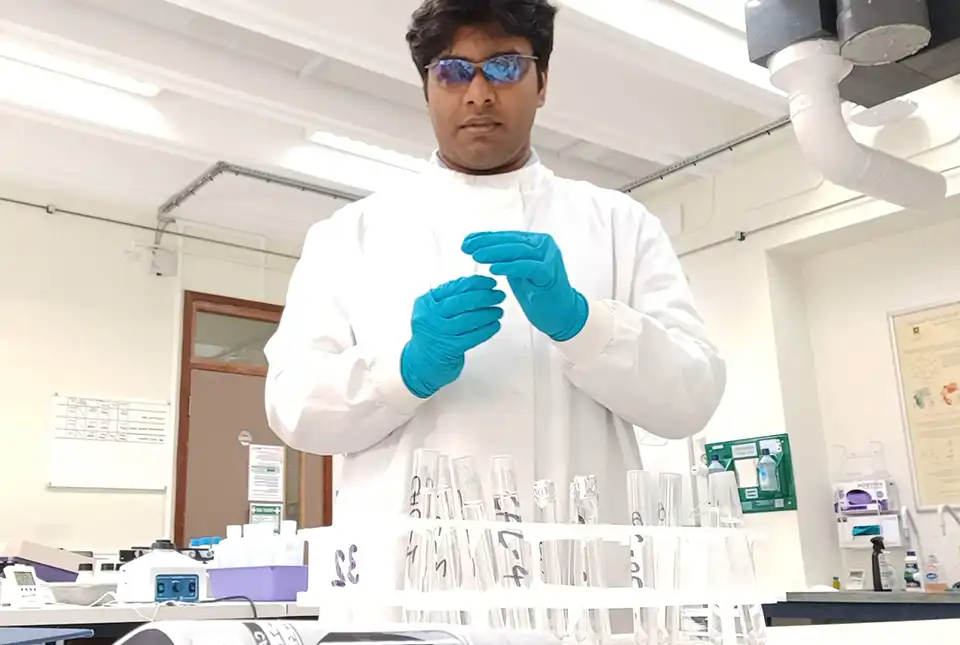
Laboratory life: my work experience week at BGS
20/08/2024
Aspiring astrophysicist Riveen Pehesara Kumanayaka shares his experience following an A-level work placement with BGS.

Extracting formation temperatures from stalagmites
14/08/2024
BGS’s Andrew Smith explores the karstic depressions of northern Spain in the quest to create a palaeothermometer.
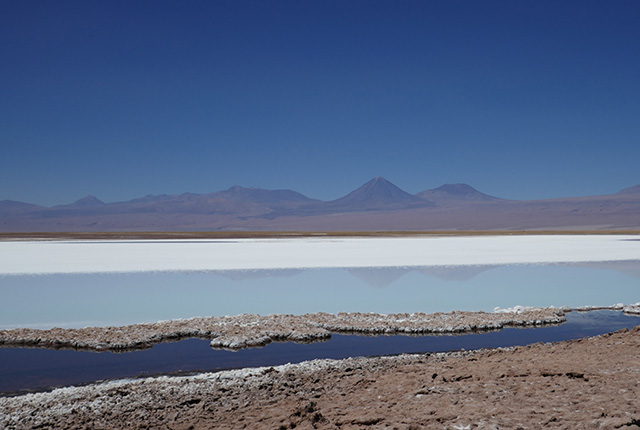
Responsible extraction in South America’s Lithium Triangle
02/08/2024
A BGS team visited Argentina and Chile to investigate how to extract lithium more responsibly in the face of growing worldwide demand.
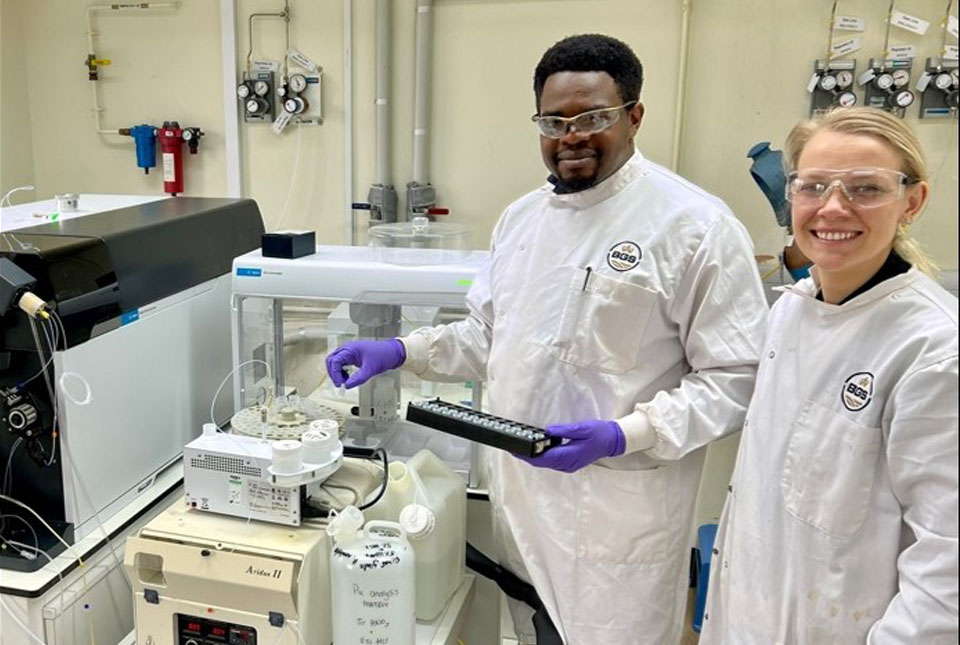
Harnessing global collaboration: UK/Kenya partnership in soil erosion research
31/05/2024
Collaboration between scientists is vital in today’s interconnected world to further scientific progress. In environmental research, issues such as soil erosion demand collaboration on an international scale.
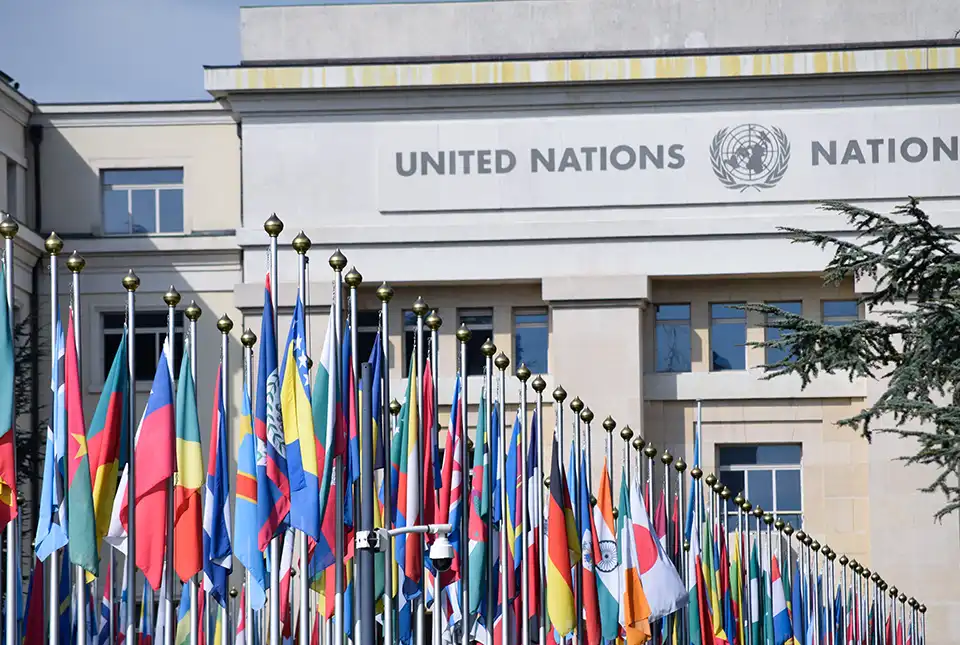
BGS to help deliver International Centre of Excellence on Sustainable Resource Management
27/02/2024
BGS has been announced as part of a consortium approved by the UN to deliver its International Centres of Excellence on Sustainable Resource Management.
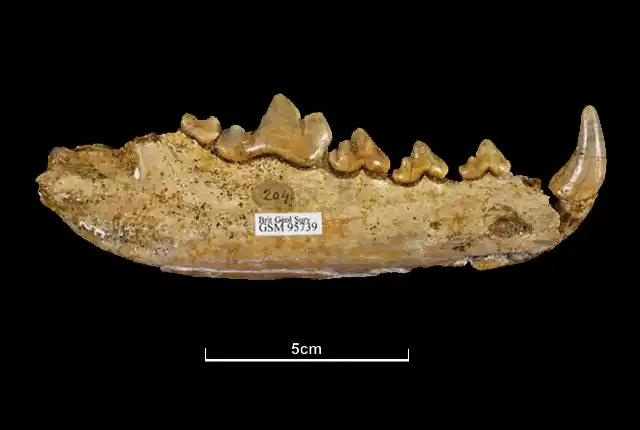
Hungry like a wolf: new insights from old bones housed in the BGS museum collections
18/01/2024
BGS scientists are studying the diets of ancient British wolves and how they adapted to changing environments.
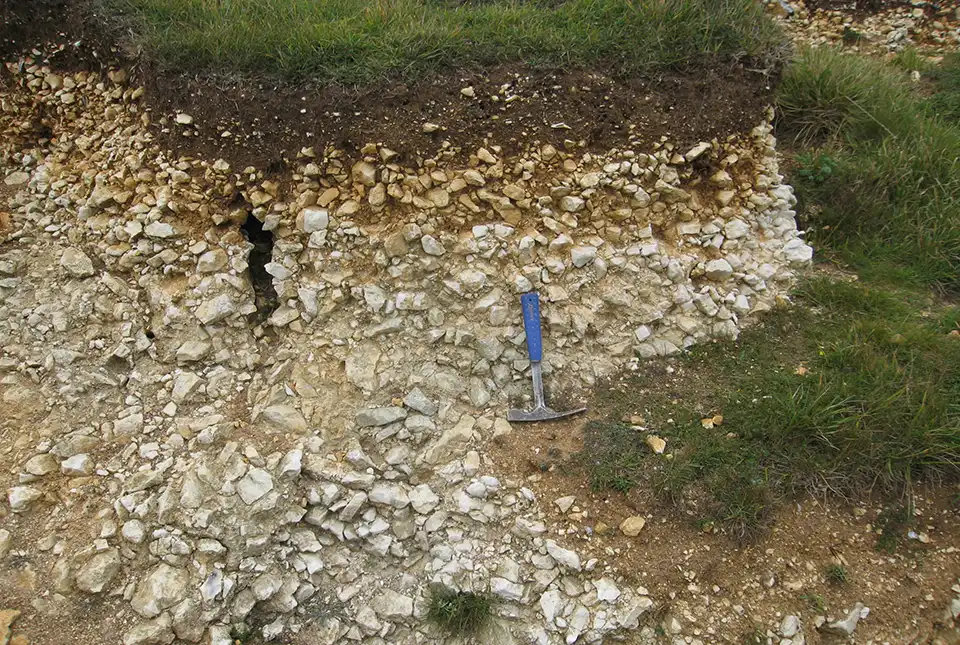
How BGS is helping the farming sector of Great Britain
17/01/2024
New legislation concerning soil management and technology in modern farming has led to an increase in enquiries about BGS’s Soil Parent Material Model.
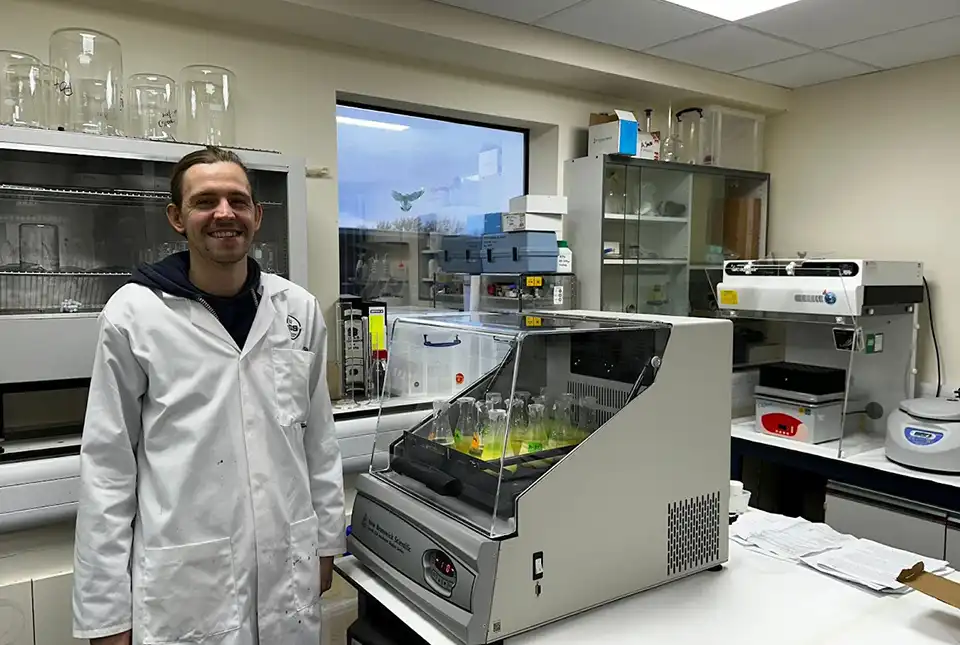
Understanding nutrients in tropical rainforests
11/01/2024
Christopher Bengt talks about carrying out research for his PhD amongst the rainforests and volcanoes of the Philippines.



